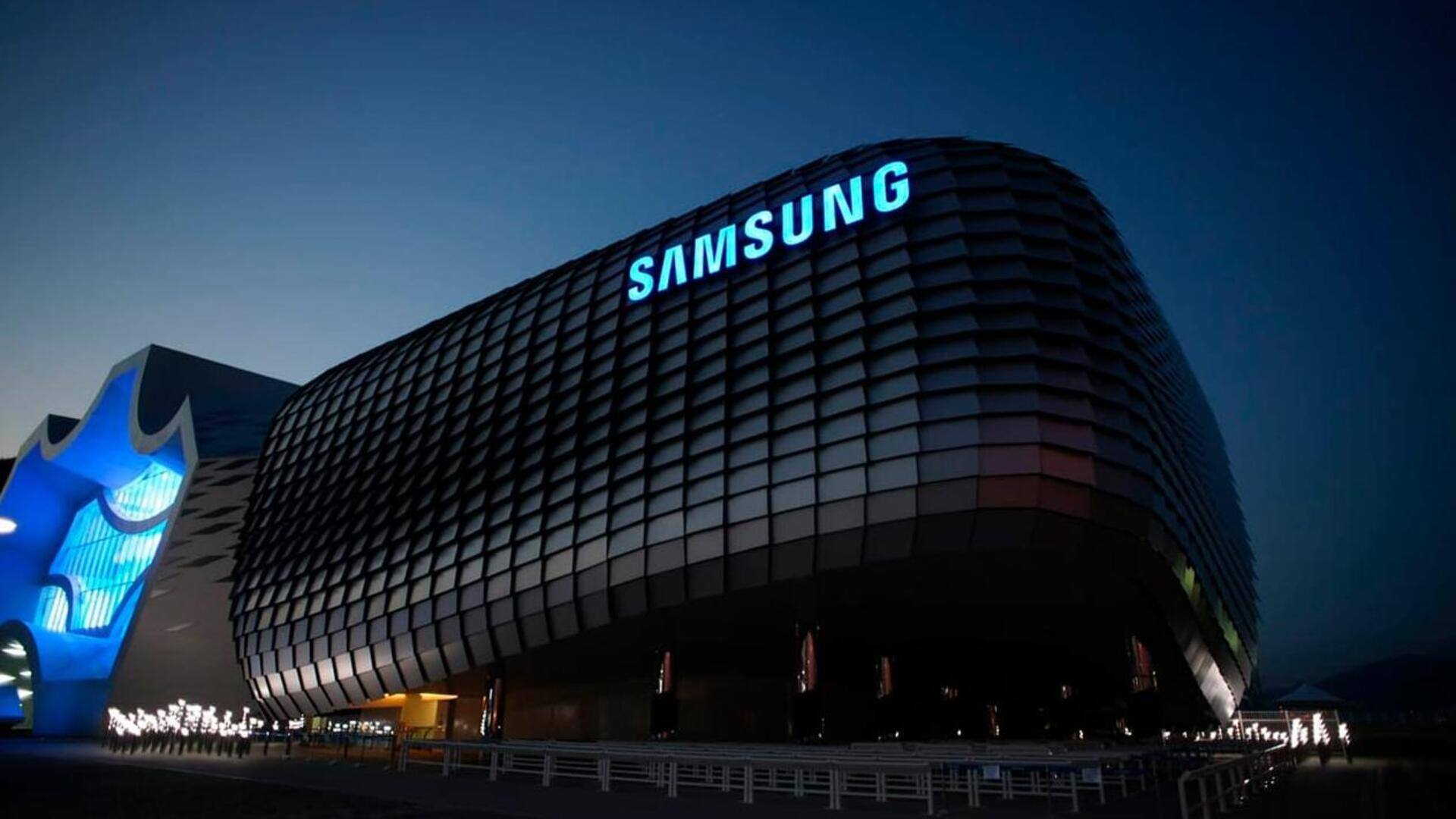
Samsung Electronics Q3 operating profits down 78%
What's the story
Samsung Electronics has revealed a staggering 77.57% decrease in operating profits for Q3 2023 compared to the previous year.
Although new smartphone launches helped increase revenue, the company's operating profits amounted to 2.4 lakh crore South Korean won (roughly Rs. 14,791 crore).
These figures align with Samsung's earlier prediction of a 77.9% profit decline.
Details
Revenue sees a 12% growth
The total consolidated revenue reached 67.40 lakh crore won (Rs. 4.15 lakh crore), primarily driven by the launch of new smartphones and increased sales of high-end display products.
Samsung attributes the decrease in earnings from its system semiconductor division to a delayed recovery in demand for essential applications and a reduction in revenue from its Networks Business, as a result of mobile operators scaling back their investments.
What Next?
Memory market conditions expected to recover in 2024
Despite ongoing macroeconomic uncertainties, Samsung anticipates a recovery in memory market conditions by 2024.
The company highlighted that server demand for AI-driven, high-density, and high-end products remains robust compared to traditional servers.
Samsung aims to broaden AI applications, offer customized hyper-connected experiences through SmartThings, and acquire technologies in emerging areas.
Insights
Better than expected earnings results
Liz Lee, Associate Director at market research firm Counterpoint, stated that Samsung's earnings results were "better than expected."
The reduced chip losses and solid performances by its mobile device and display divisions contributed to this outcome.
Lee added that the losses in semiconductors were counterbalanced by its MX division and SDC due to the launch of new flagship smartphones by Samsung and SDC's client, Apple.
Facts
South Korean chipmakers face global economic slowdown
South Korean chip manufacturers, spearheaded by Samsung, have enjoyed record profits in recent years as product prices skyrocketed.
However, the worldwide economic downturn has affected memory chip sales. Demand surged during the pandemic as consumers bought computers and smartphones while under lockdown, prompting chipmakers to increase production.
Lockdown-induced demand boosted chip production, but consumer interest dwindled as lockdowns eased and further dropped due to rising inflation and interest rates.